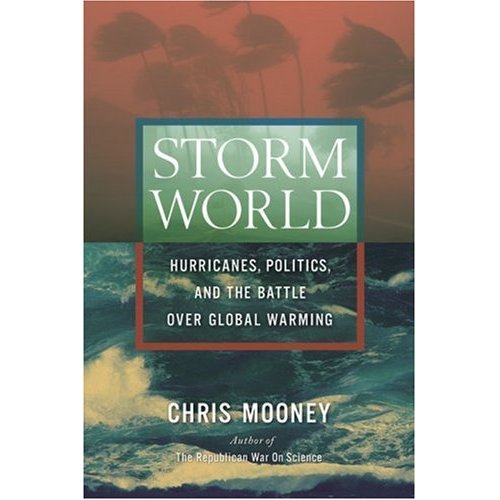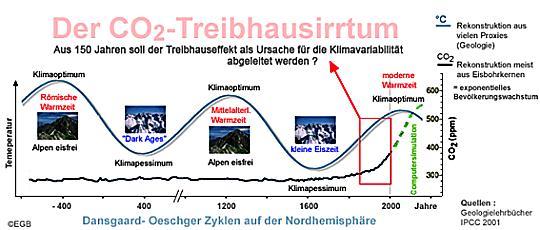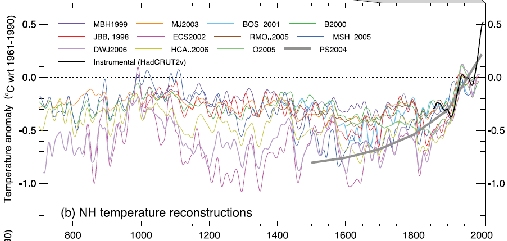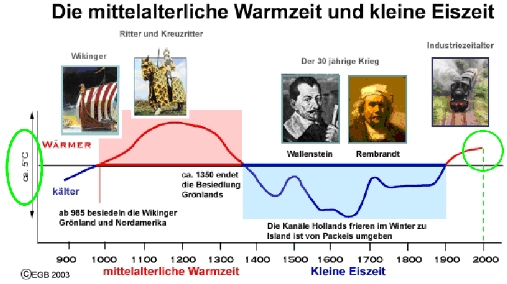A guest post by Spencer Weart, in collaboration with Raymond T. Pierrehumbert
The simple physics explanations for the greenhouse effect that you find on the internet are often quite wrong. These well-meaning errors can promote confusion about whether humanity is truly causing global warming by adding carbon dioxide to the atmosphere. Some people have been arguing that simple physics shows there is already so much CO2 in the air that its effect on infrared radiation is "saturated"— meaning that adding more gas can make scarcely any difference in how much radiation gets through the atmosphere, since all the radiation is already blocked. And besides, isn’t water vapor already blocking all the infrared rays that CO2 ever would?
[Read more…] about A Saturated Gassy Argument
 If you are a RealClimate regular, you are undoubtedly aware of our ongoing interest in
If you are a RealClimate regular, you are undoubtedly aware of our ongoing interest in 


 Global climate statistics, such as the global mean temperature, provide good indicators as to how our global climate varies (e.g. see
Global climate statistics, such as the global mean temperature, provide good indicators as to how our global climate varies (e.g. see